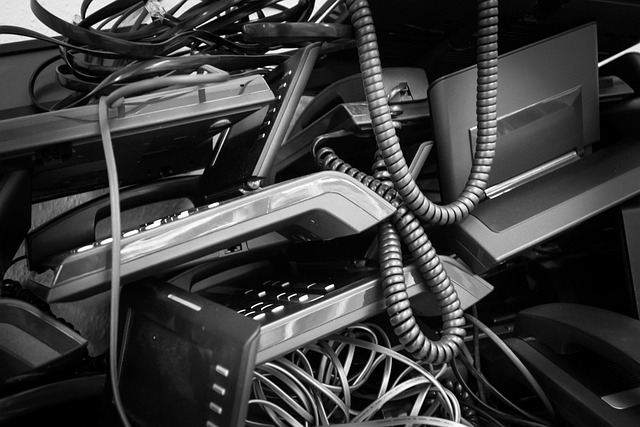In today’s rapidly evolving technological landscape, electronic waste, or e-waste, has become a pressing issue that affects both our environment and our health. As we embrace new gadgets and devices, we must also consider the consequences of our consumption. Electronic waste contributes significantly to landfills, with toxic materials that can leach into the soil and water, posing serious ecological risks. However, innovative solutions and green technologies offer a glimmer of hope for transforming this challenge into a step towards sustainability.
At the heart of the fight against electronic waste is the concept of sustainable development. This approach encourages us to meet our present needs without compromising the ability of future generations to meet theirs. Sustainable practices in the recycling of e-waste can significantly reduce our ecological footprint, allowing us to recycle precious materials like gold, silver, and copper. Instead of letting these valuable resources languish in storage or end up in landfills, responsible recycling practices enable us to recover and reuse them, leading to a more circular economy.
The integration of green technologies into recycling processes is crucial for addressing electronic waste effectively. Advanced techniques such as hydrometallurgical methods, which rely on sustainable solvents and chemicals, minimize environmental impact while maximizing recovery rates. Additionally, robotics and automation are revolutionizing how we process e-waste. These technologies improve efficiency, reduce human exposure to hazardous materials, and can drastically lower the carbon footprint associated with traditional recycling methods.
Aiming for carbon neutrality is also a pivotal goal in the movement to reduce electronic waste. By focusing on low-emission strategies in the recycling industry, we can significantly decrease greenhouse gas emissions linked to e-waste management. Businesses and consumers alike have the power to demand and support recycling initiatives that prioritize ecological responsibility. Taking steps such as proper disposal of outdated electronics or supporting companies that practice sustainable manufacturing can ultimately lead to a cleaner, greener planet.
As individuals, we have the agency to make informed choices that reduce our electronic waste. Simple practices, like donating or trading in old devices, can keep electronics in use longer and help others while simultaneously reducing waste. Awareness and education around the proper recycling of electronics can empower communities to engage in sustainable practices.
The challenge of electronic waste is undeniable, but through sustainable development, green technologies, and a commitment to carbon neutrality, we can pave the way for a brighter, more sustainable future. By revolutionizing the way we recycle electronic waste, we contribute not only to environmental efforts but also to the well-being of our society and planet as a whole.




